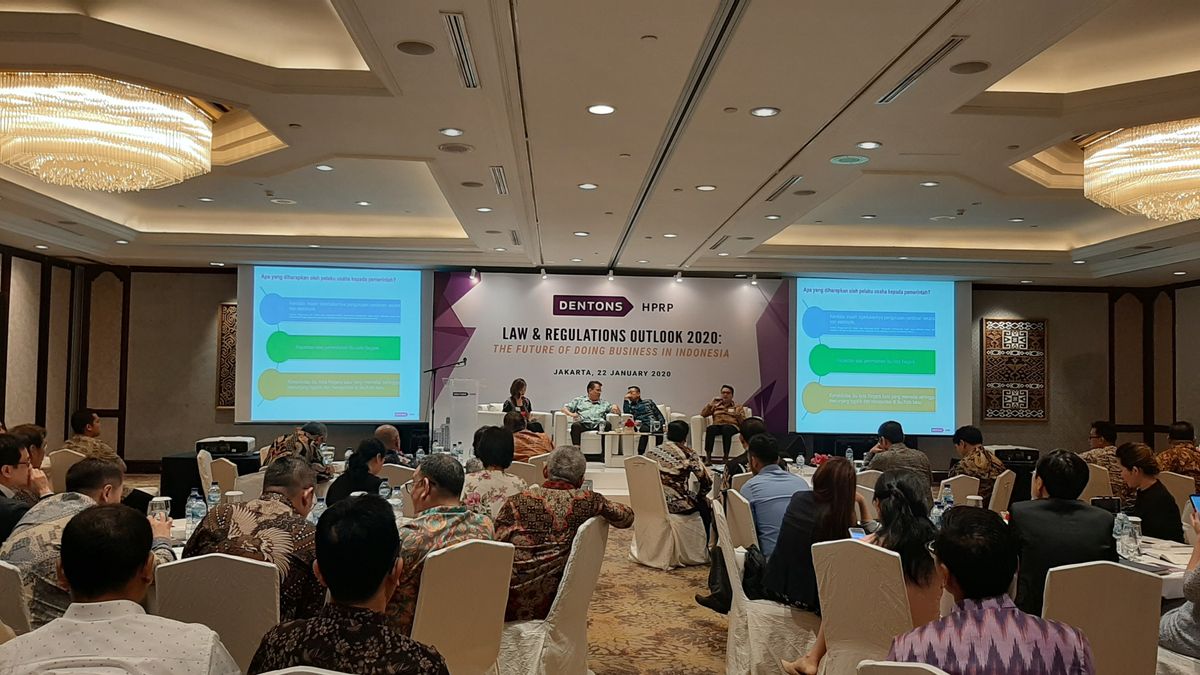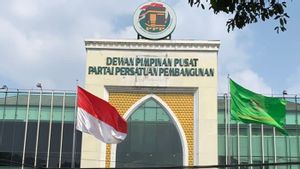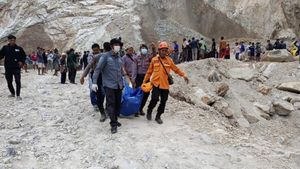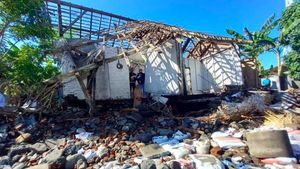JAKARTA - The government has high hopes for the new capital city, Penajam Paser Utara and Kutai Kartanegara. This is because the development of this region has the potential to boost Indonesia's economy.
"The city has the potential to boost the economy. In the future we want to develop a new metropolitan city," said Deputy for Regional Development of Bappenas Rudy Prawiradinata, in a discussion entitled 'Law and Regulations Outlook 2020, The Future of Doing Business in Indonesia', at the Shangri- Hotel Hotel. He, Sudirman, Jakarta, Wednesday, January 22.
However, these hopes have not been realized. The results of the Indef study show that the impact of the development of a new capital city cannot boost economic growth.
"Indef conducted a study, that the impact was not too big on our economic growth, only 0.2 percent. However, that does not mean that moving the capital has no other impact," said Head of the Research Team for the Capital City Movement of Indef M Rizal Taufikurahman in a location same.
Rizal added that the government hopes that the relocation of the capital city will create an even distribution of income throughout Indonesia. In fact, Indef's findings said this only affected the surrounding capital cities, such as East Kalimantan, North Kalimantan and South Kalimantan.
Furthermore, viewed from the consumption sector, Indef found data that increases in the short term, but in the long term the figure decreases.
"Then what about the industry? The impact on the short-term industry that will be boosted by productivity is the industry that supports infrastructure, such as processed steel, building materials, iron and steel. In the long term, the industries that have a significant impact are almost the same, as well as the service industry whose productivity has increased. "he explained.
From his analysis, there will be price increases in the industrial sector in the short and long term.
Meanwhile, seen from the absorption of labor related to relocation of the capital, the most absorbed in the short term is the food, textile, and agriculture sectors.
Therefore, in the short term, there will be inflation and price increases there. However, in the short term it will slowly fall.
"Including water too. Especially now the information, East Kalimantan clean water sources are quite challenging. What about consumption (clean water)? It turns out that only East Kalimantan is the highest. In fact, South Sulawesi will get the impact of the amount of consumption (high). In Kalimantan itself does not encourage, "he said.
Of all these challenges, Indef recommends that there should be linkage between sectors and between regions. The old capital must be the back-up of the new capital, including in Makassar, South Sulawesi.
"Linkage is important to encourage added value to the economy. This Omnibus law will also be very good and will be very effective, which will help solve the negative impact of the economic growth," he said.
Currently, the government is drafting a bill (RUU) on relocating the country's capital city (IKN) which in principle uses the same methodology, namely the Omnibus Law. In addition, there will also be the formation of an authoritative body which will be stipulated by a Presidential Decree, and its leadership will be at ministerial level. The hope is that this can help the capital city development process be more efficient.
The English, Chinese, Japanese, Arabic, and French versions are automatically generated by the AI. So there may still be inaccuracies in translating, please always see Indonesian as our main language. (system supported by DigitalSiber.id)













